Listen on your favorite app
OVERSHOOT | Shrink Toward Abundance
OVERSHOOT tackles today’s interlocked social and ecological crises driven by humanity’s excessive population and consumption. The podcast explores needed narrative, behavioral, and system shifts for recreating human life in balance with all life on Earth. With expert guests from wide-ranging disciplines, we examine the forces underlying overshoot: from patriarchal pronatalism that is fueling overpopulation, to growth-biased economic systems that lead to consumerism and social injustice, to the dominant worldview of human supremacy that subjugates animals and nature. Our vision of shrinking toward abundance inspires us to seek pathways of transformation that go beyond technological fixes toward a new humanity that honors our interconnectedness with all beings. Hosted by Nandita Bajaj and Alan Ware. Ranking in the top 1.5% of all podcasts globally, we draw listeners from across 150 countries.
Read our Listener Feedback. | Support this podcast. | Subscribe to our newsletter.
New to our podcast?
There are over 80 episodes of OVERSHOOT. If you are new to the podcast and looking for a good place to start, we recommend you listen to these episodes first.
Latest Episodes

“Hopium” and the Long Defeat
The rhetoric of “hopium” is failing as ecological overshoot deepens. We're living in the long defeat and we must own and confront it with courage. Award-winning essayist, Pamela Swanigan, joins us.
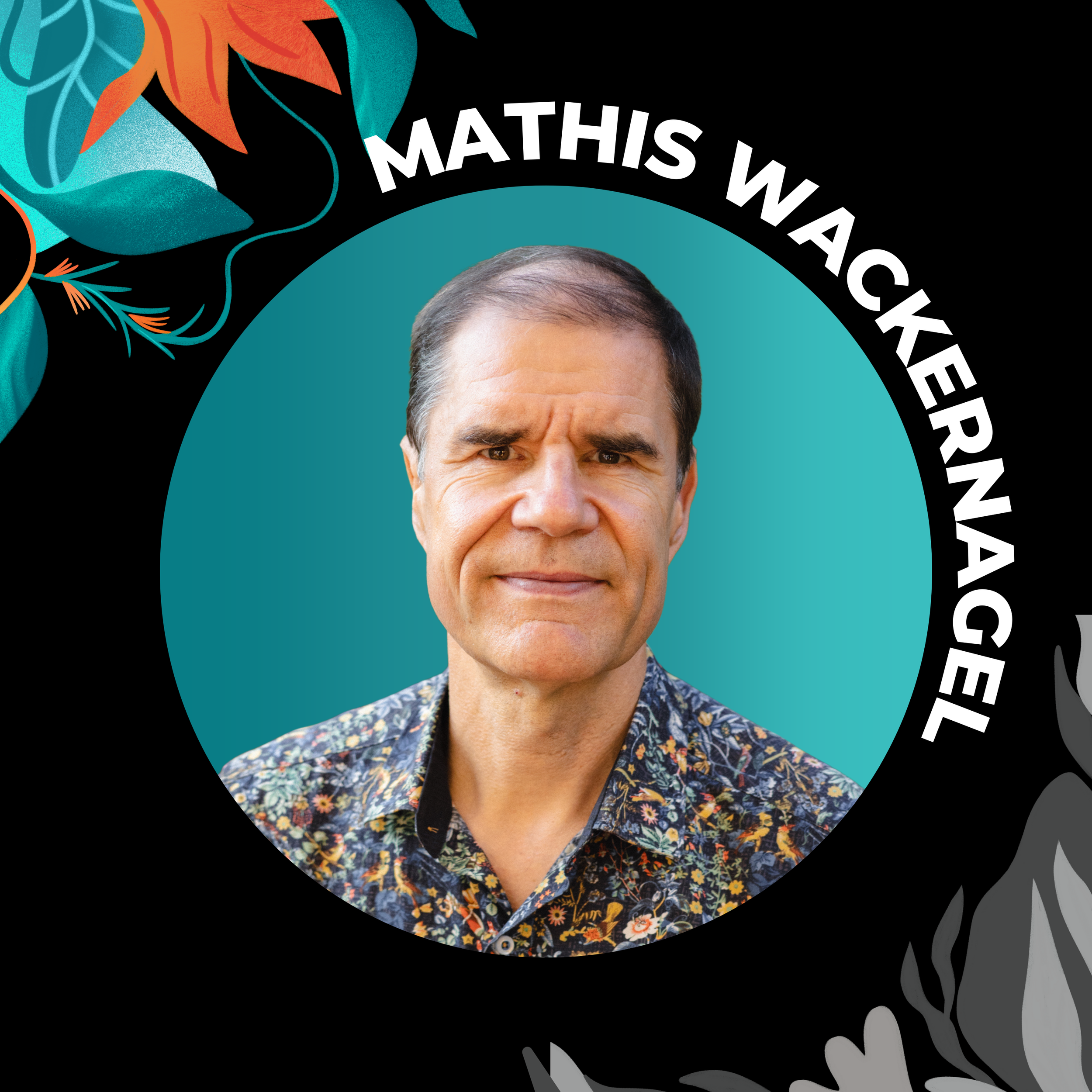
The Biggest Risk to Humanity
Ecological overshoot is the second largest risk to humanity. Not reacting to it is the biggest. Mathis Wackernagel, co-creator of the ecological footprint and co-founder of the Global Footprint Network, joins us.
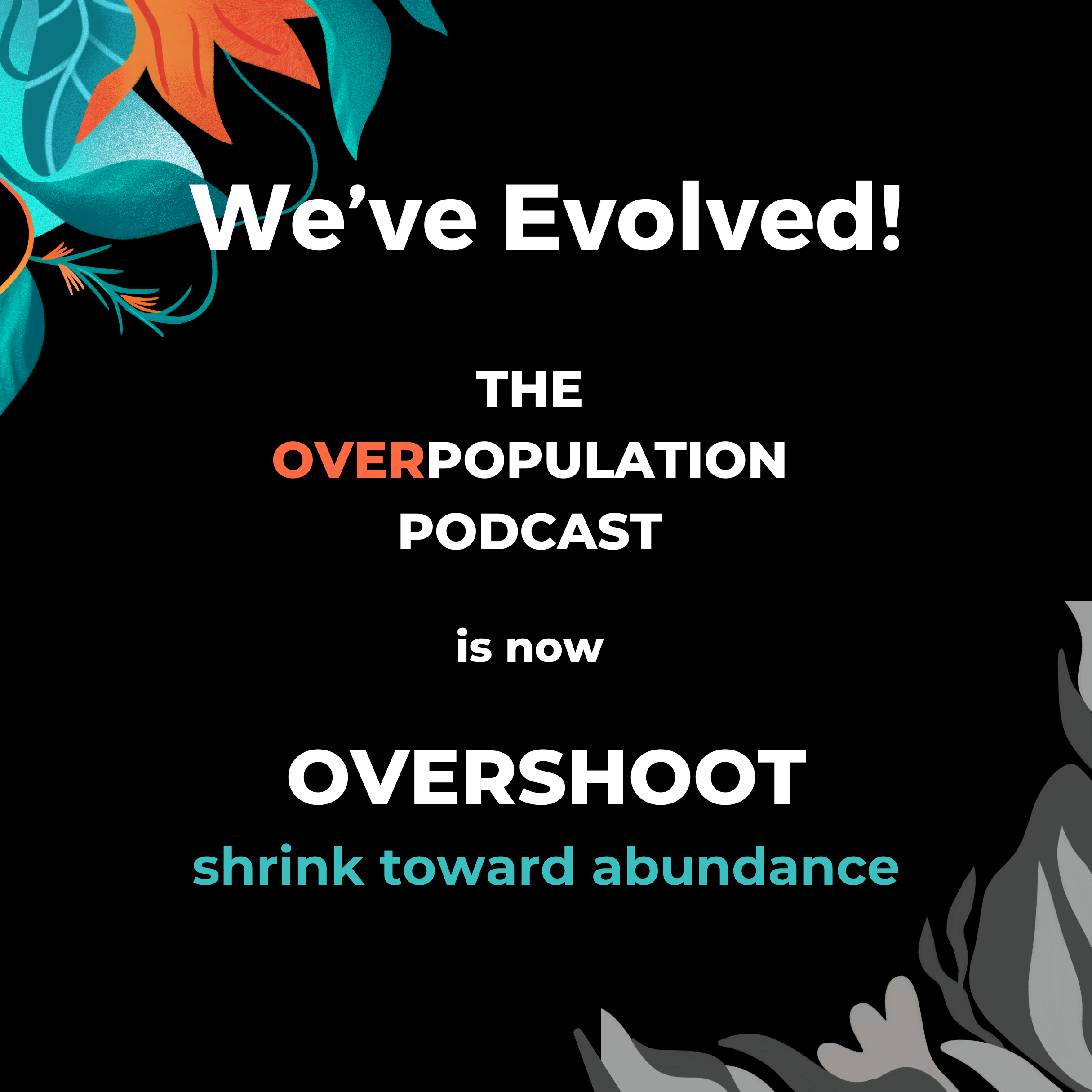
Podcast name change | We are now OVERSHOOT
Our podcast has a new name: OVERSHOOT. Overshoot has increasingly been the underlying target of our podcast, and it’s driven by more than excessive human numbers. Although overpopulation will remain a central theme, it is time that the podcast name reflects the full scope of our concerns.
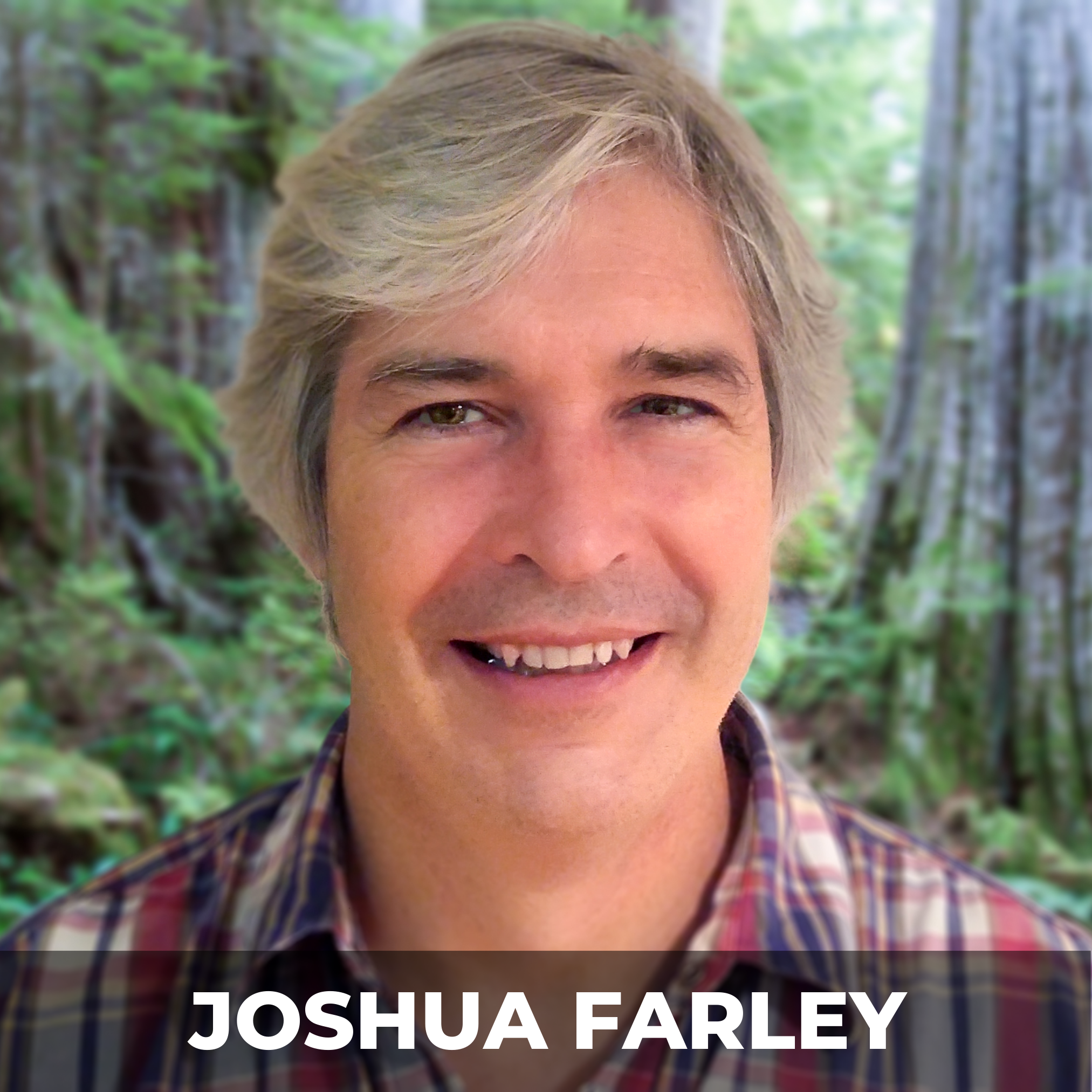
The Lies Economists Tell
The dominant economic system delivers neither ecological nor social justice. Joshua Farley, an expert in ecological economics, argues for reclaiming our humanity from the destructive grip of mainstream economics.
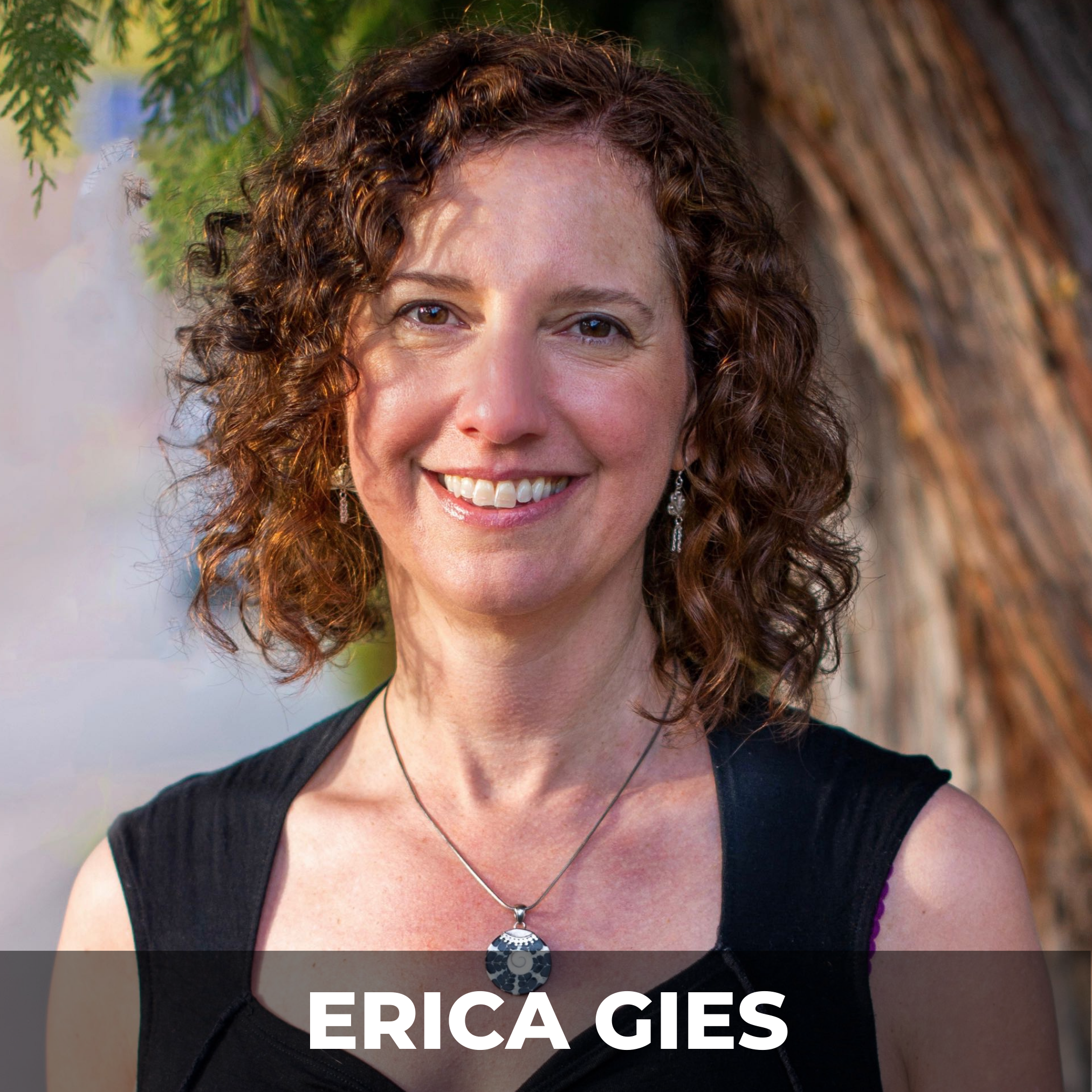
Water Always Wins
We need to respect what water wants. Erica Gies, award-winning journalist and author of Water Always Wins: Thriving in an Age of Drought and Deluge, joins us.
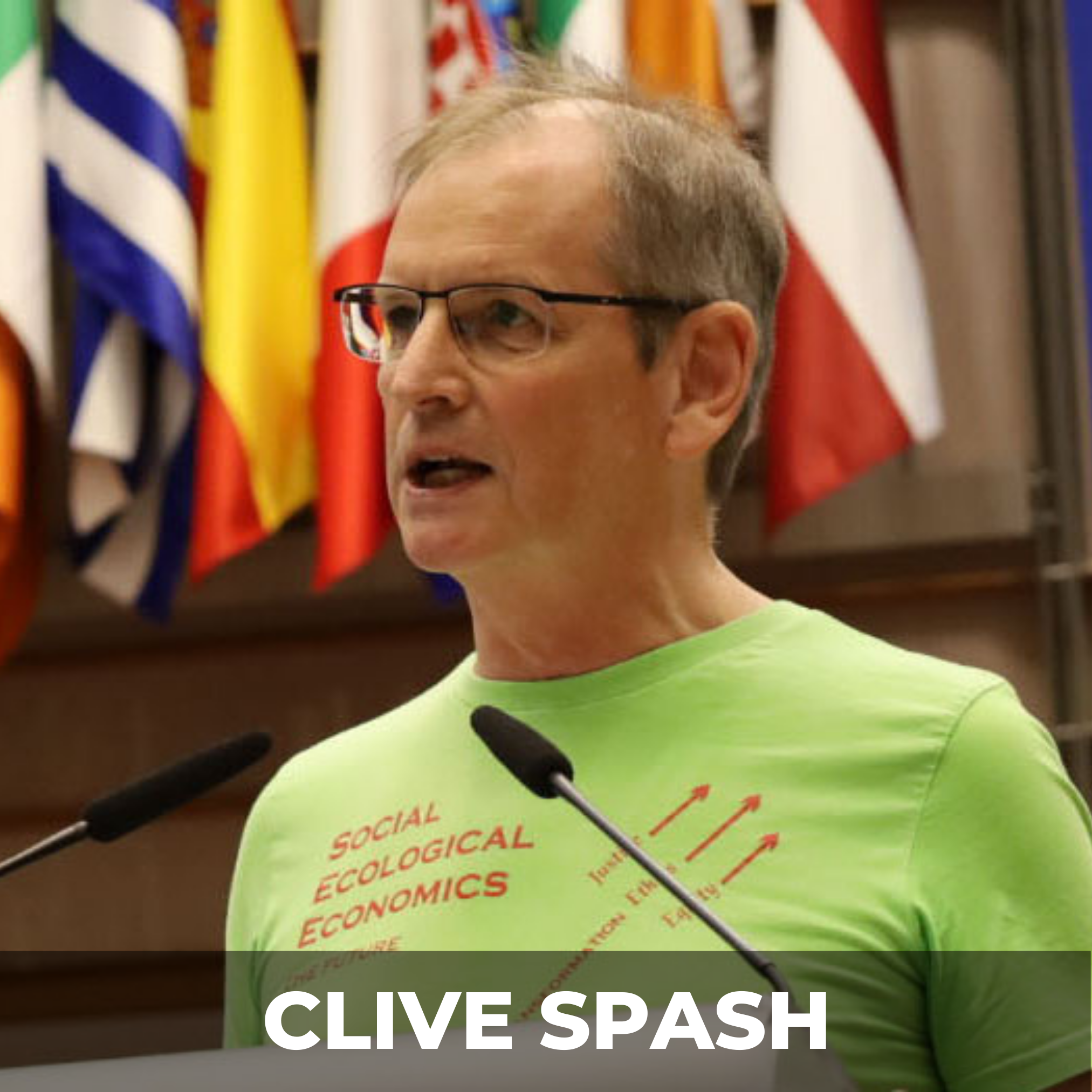
Social Ecological Economics
The global economy is failing socially and ecologically. Clive Spash, an ecological economist and pioneer of social ecological economics, joins us.
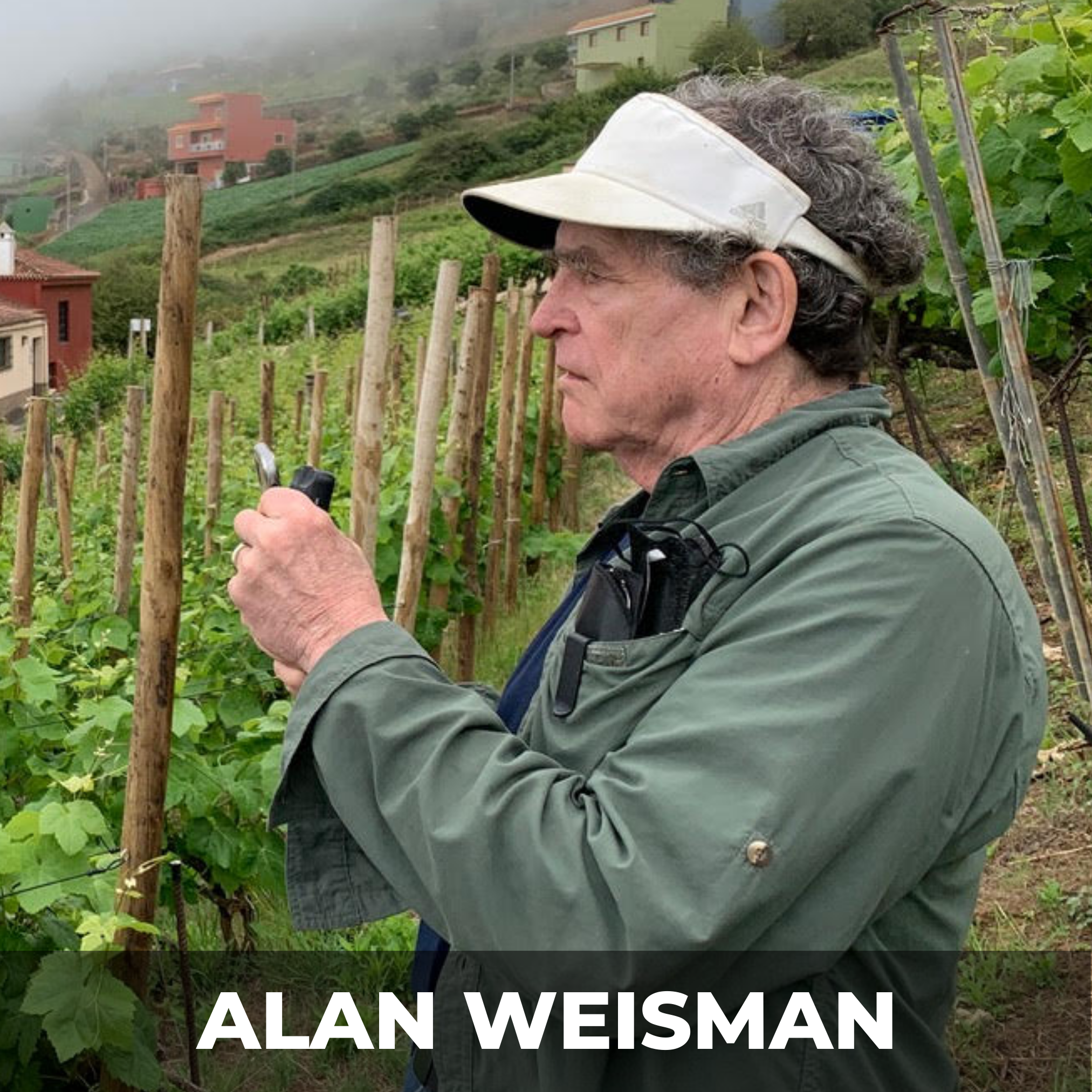
Countdown: Our Last, Best Hope for a Future on Earth?
How many humans can the planet support without capsizing? Alan Weisman, journalist and author of Countdown: Our Last, Best Hope for a Future on Earth?, joins us.
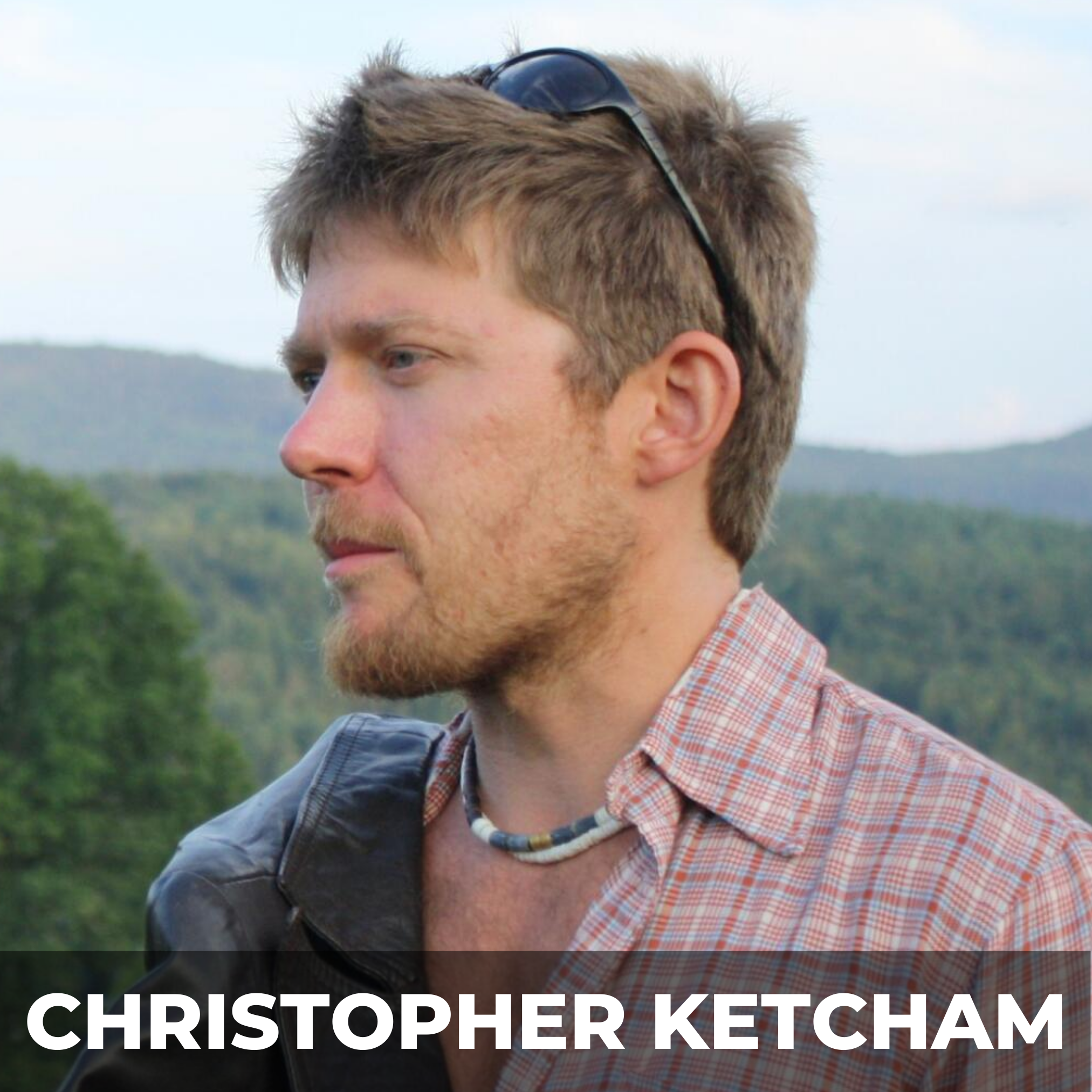
The Megamachine and Green Growth Delusions
Techno-industrial extractivism is driving environmental destruction, and the media is complicit in upholding the growth model that sustains it. Christopher Ketcham, author of This Land: How Cowboys, Capitalism, and Corruption Are Ruining the American West, joins us.

Welcome to the Great Unraveling
Environmental and social breakdown from intersecting crises is accelerating, but how can we navigate it? Asher Miller and Rob Dietz of the Post Carbon Institute join us to discuss their latest report, Welcome to the Great Unraveling.

Confronting Ecological Overshoot
How has blind faith in human exceptionalism, neoliberal economics, and technological optimism led us into a state of ecological overshoot? Bill Rees, population ecologist and co-creator of ecological footprint analysis, joins us.
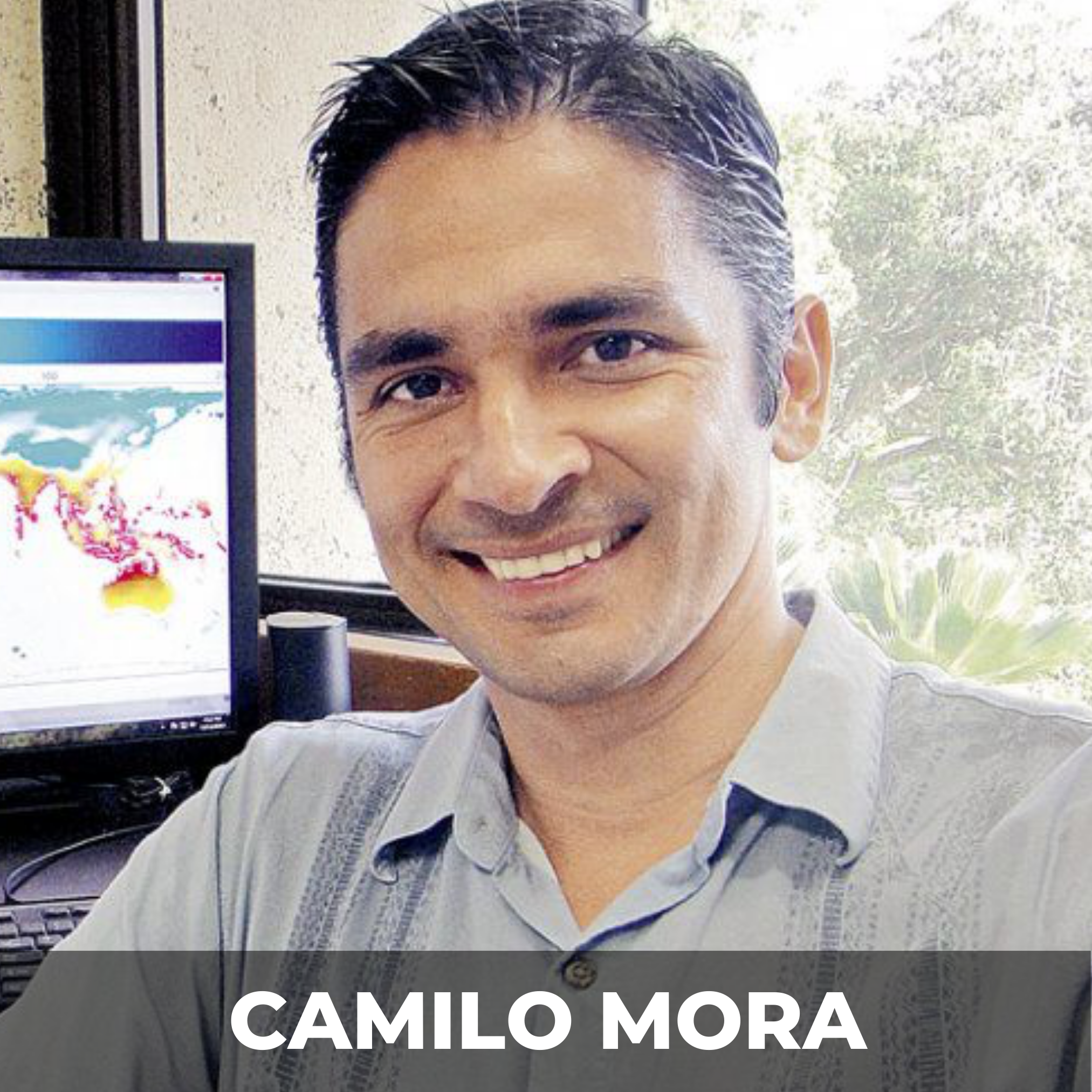
Population: A Threat Multiplier
Human activity is driving climate change, biodiversity loss, resource scarcity, and pandemics, creating compounding crises that demand urgent attention. Camilo Mora, professor and researcher, joins us.
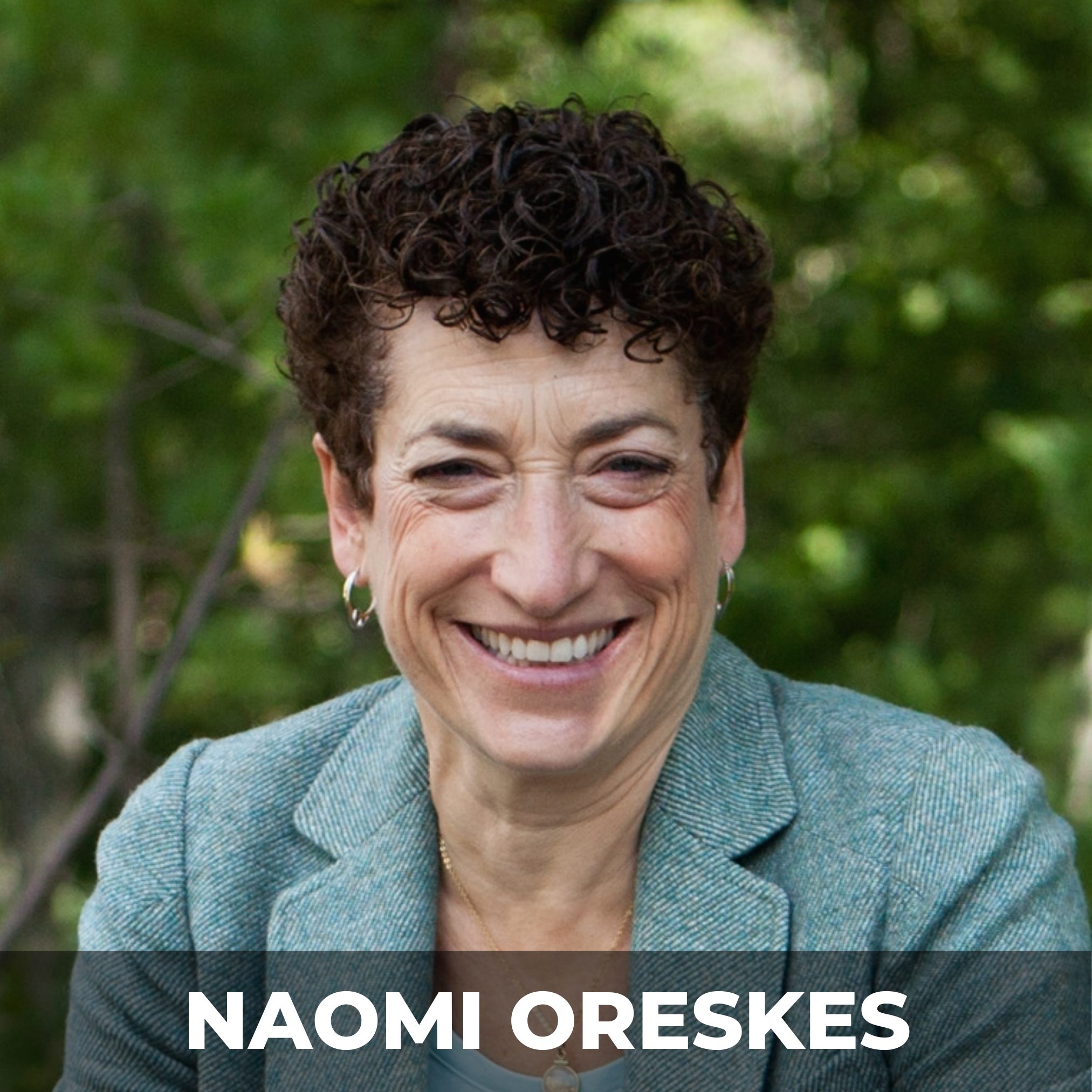
The Dangers of Free-Market Fundamentalism
Free-market fundamentalism undermines democracy and exploits marginalized communities to benefit a small minority of elites. Naomi Oreskes, Professor of the History of Science and Affiliated Professor of Earth and Planetary Sciences at Harvard University and co-author of The Big Myth: How American Business Taught Us to Loathe Government and Love the Free Market, joins us.
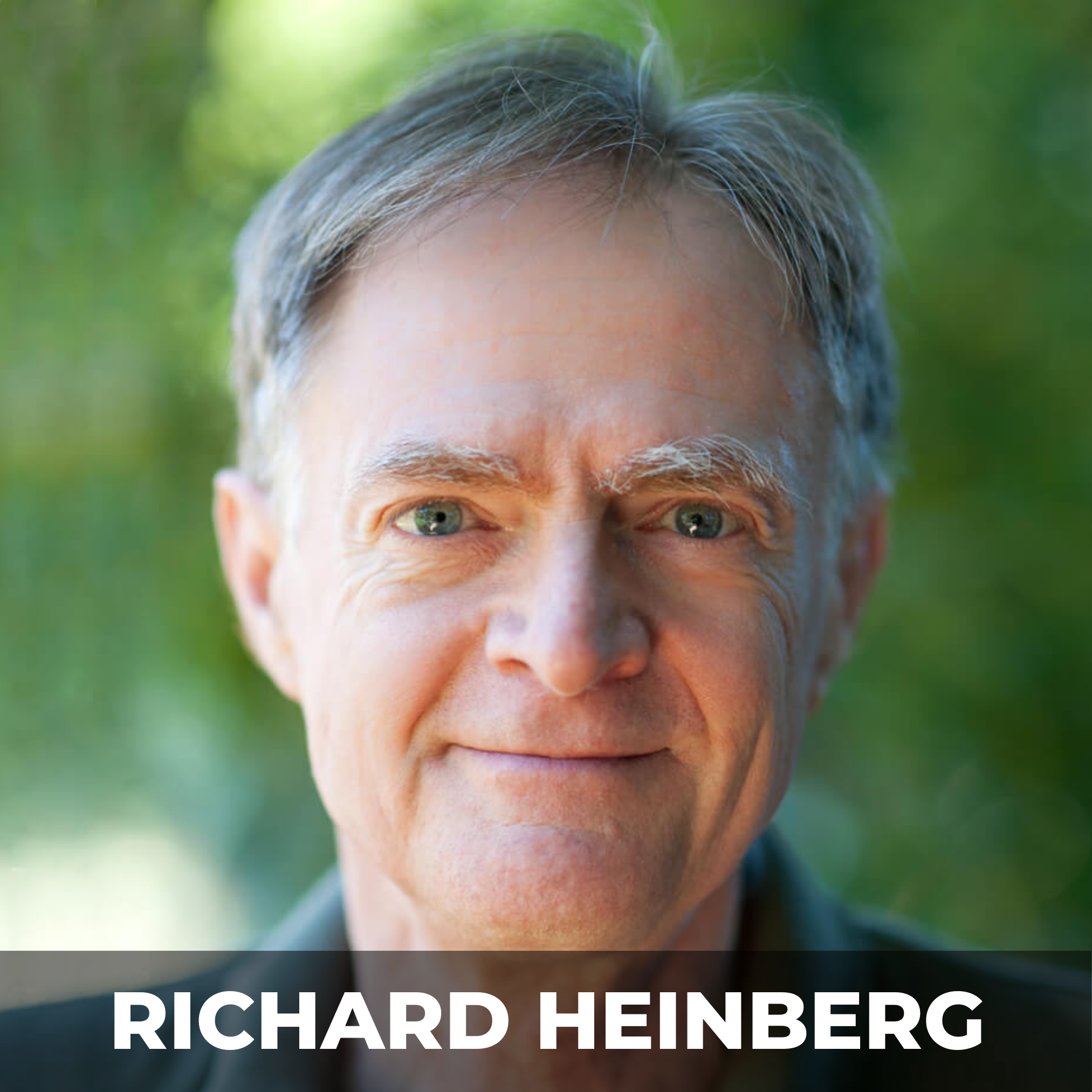
Powering Down: Beyond Growth, Toward Simplicity
Humans are overpowering Earth’s natural systems and oppressing one another. Richard Heinberg, one of the world’s foremost experts on energy and sustainability, joins us to discuss his latest book, Power: Limits and Prospects for Human Survival.
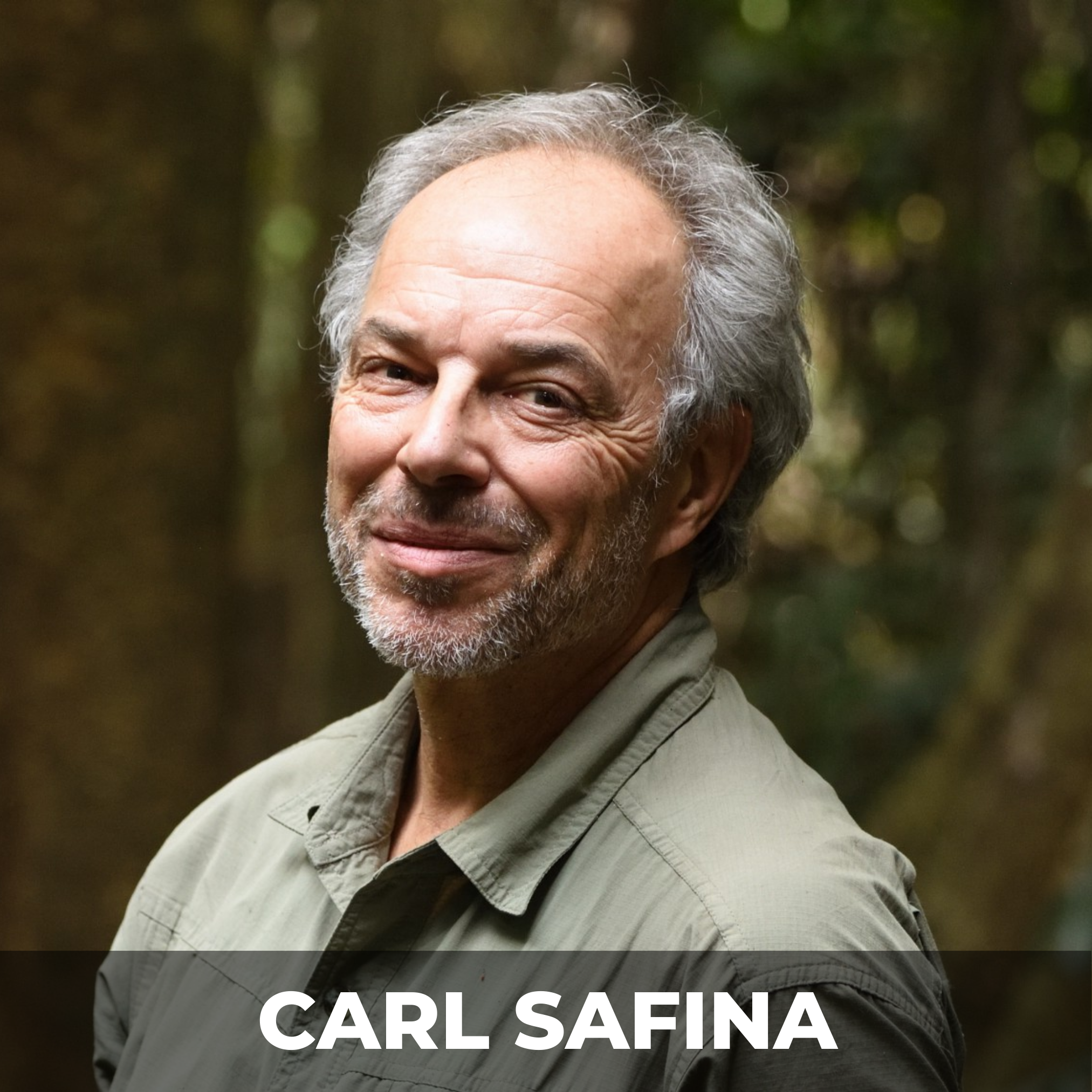
The Beauty and Complexity of Animal Cultures
Human supremacy keeps us from appreciating the incredible beauty and complexity of other creatures and their cultures. Carl Safina, ecologist and author of Becoming Wild, joins us.
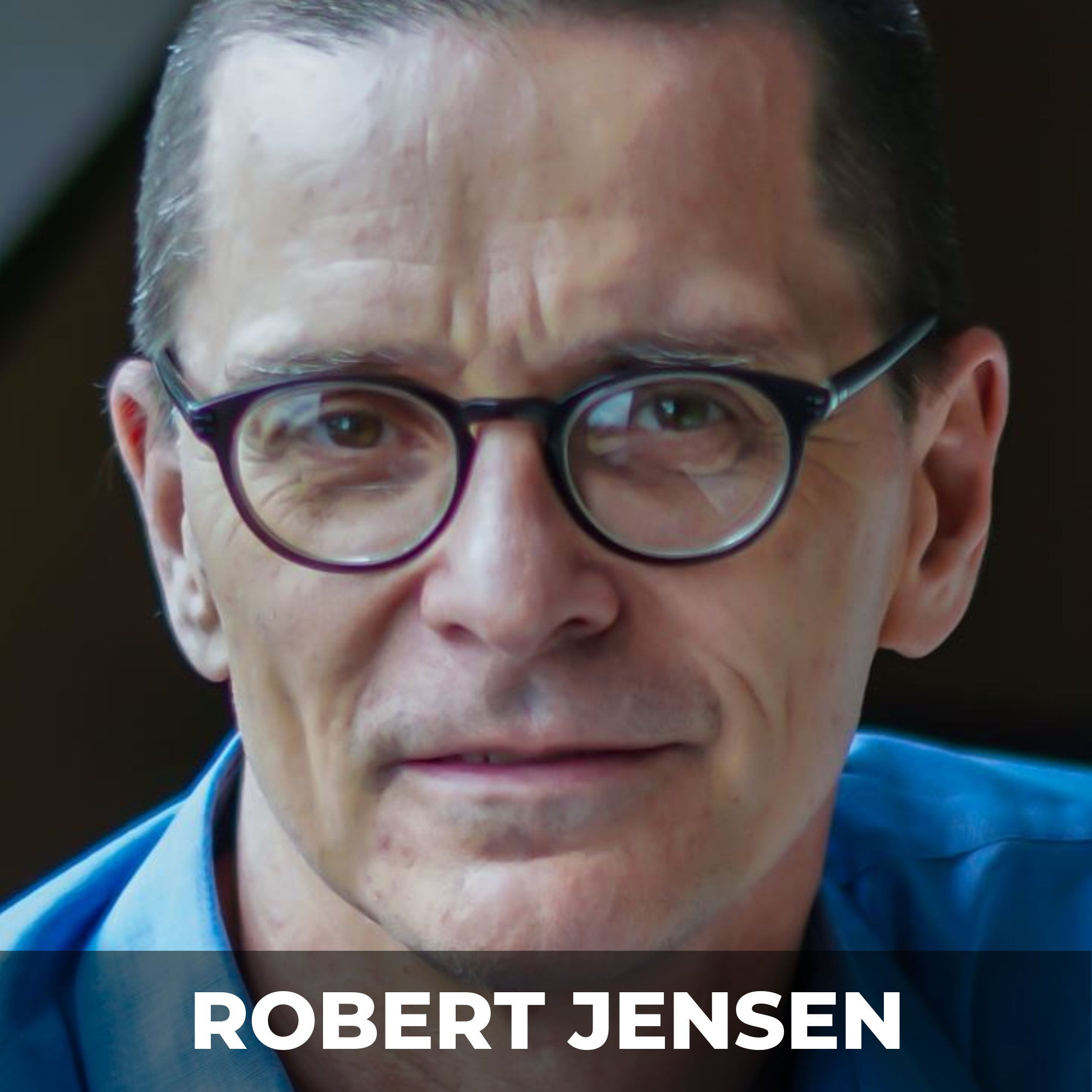
An Inconvenient Apocalypse
The human species faces multiple cascading social and ecological crises that require embracing the limits to growth. Robert Jensen, retired journalism professor, social activist and organizer, and co-author of An Inconvenient Apocalypse: Environmental Collapse, Climate Crisis, and the Fate of Humanity, joins us.
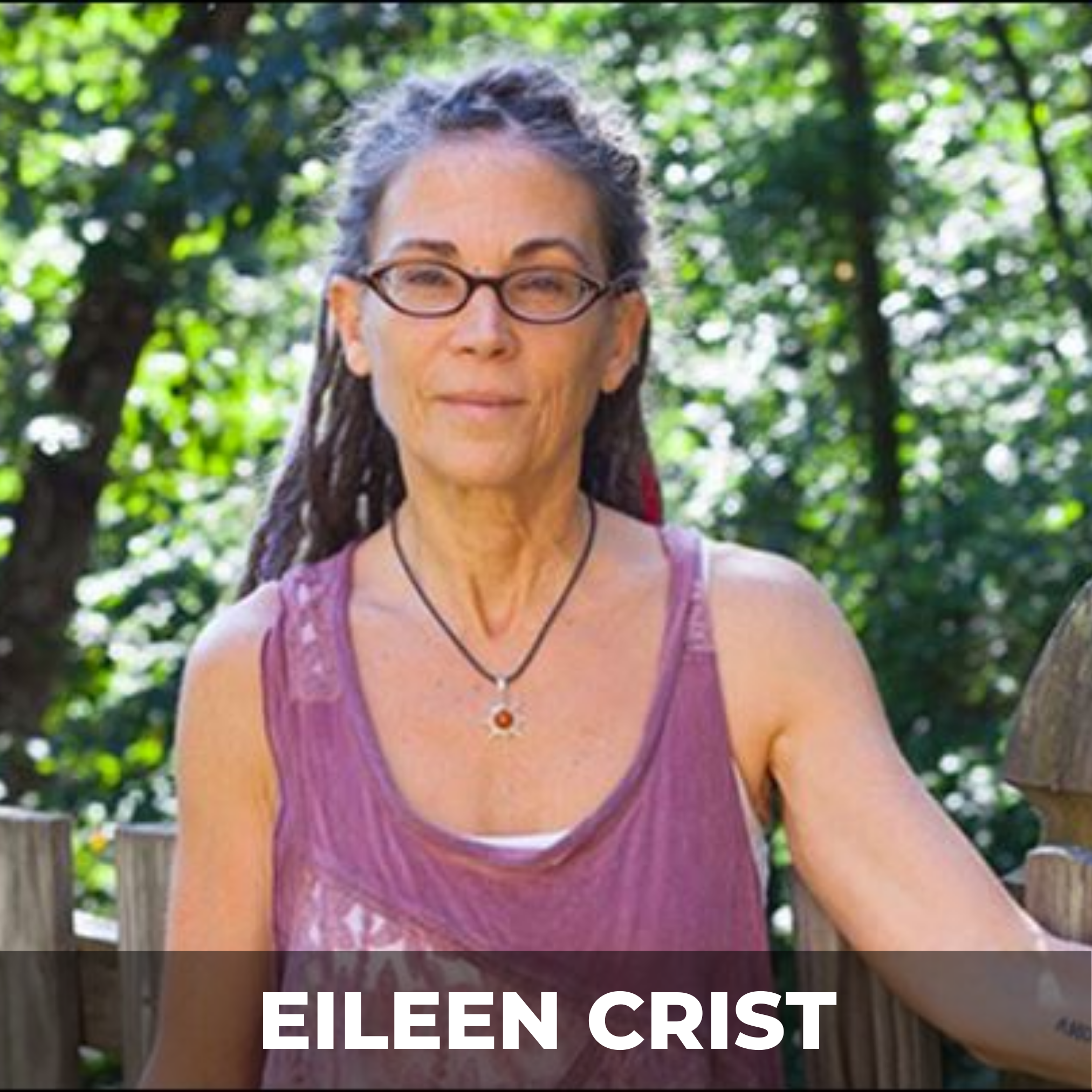
Toward an Ecological Civilization
How can we reframe our relationship with the planet to foster harmony with all life on Earth? Eileen Crist, environmental writer and author of Abundant Earth: Toward an Ecological Civilization, joins us.

Overdrafting Earth’s Ecosystems
“The only way out of overshoot is less production and less consumption, so it means a much smaller economy and far fewer people.” William Rees, ecologist and co-creator of ecological footprint analysis, joins us.
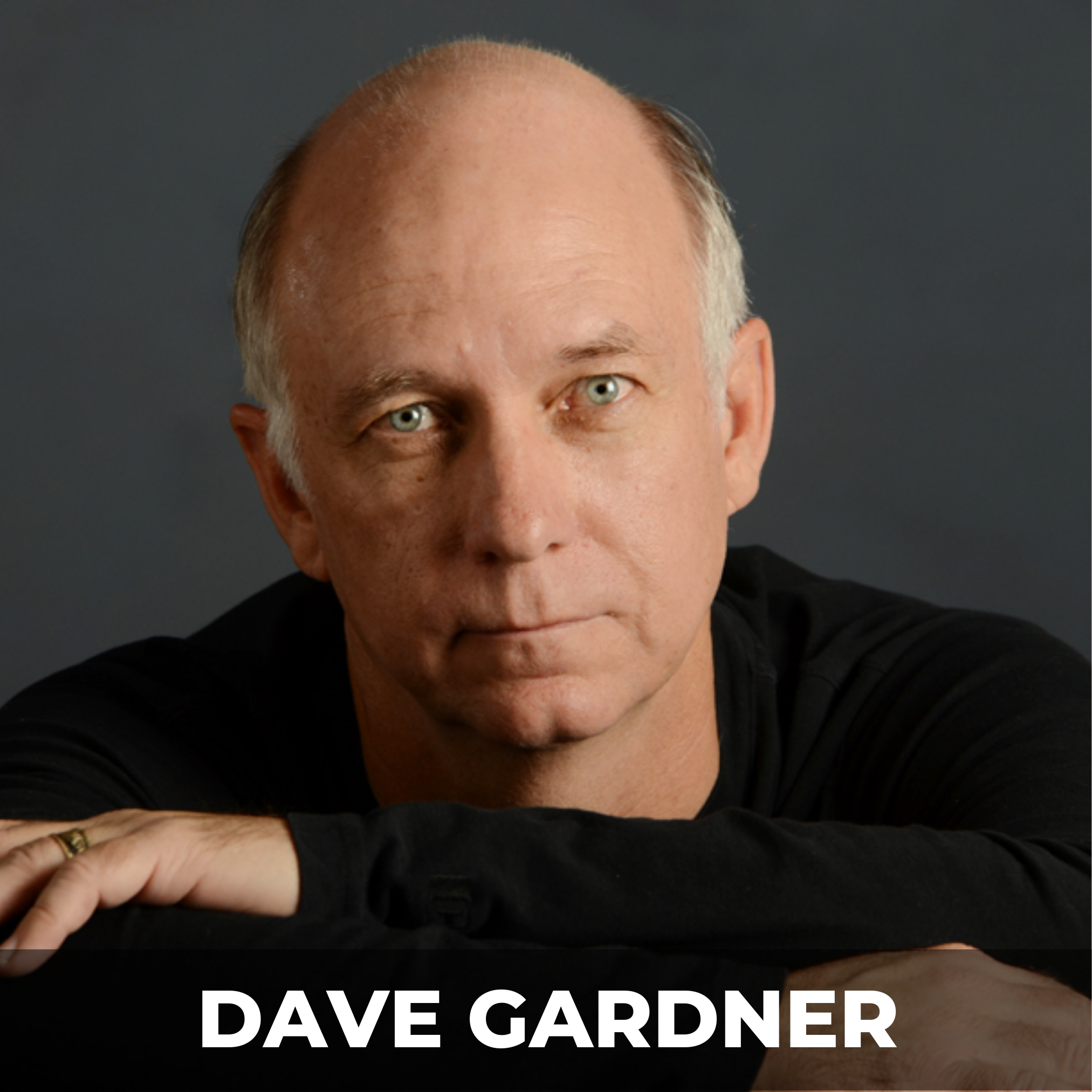
Reflections from our Former Executive Director
Podcast co-host Dave Gardner reflects on the agony and the ecstasy of working to alert, educate, and inspire action to end our overpopulation crisis for the last six years as executive director of WPB.
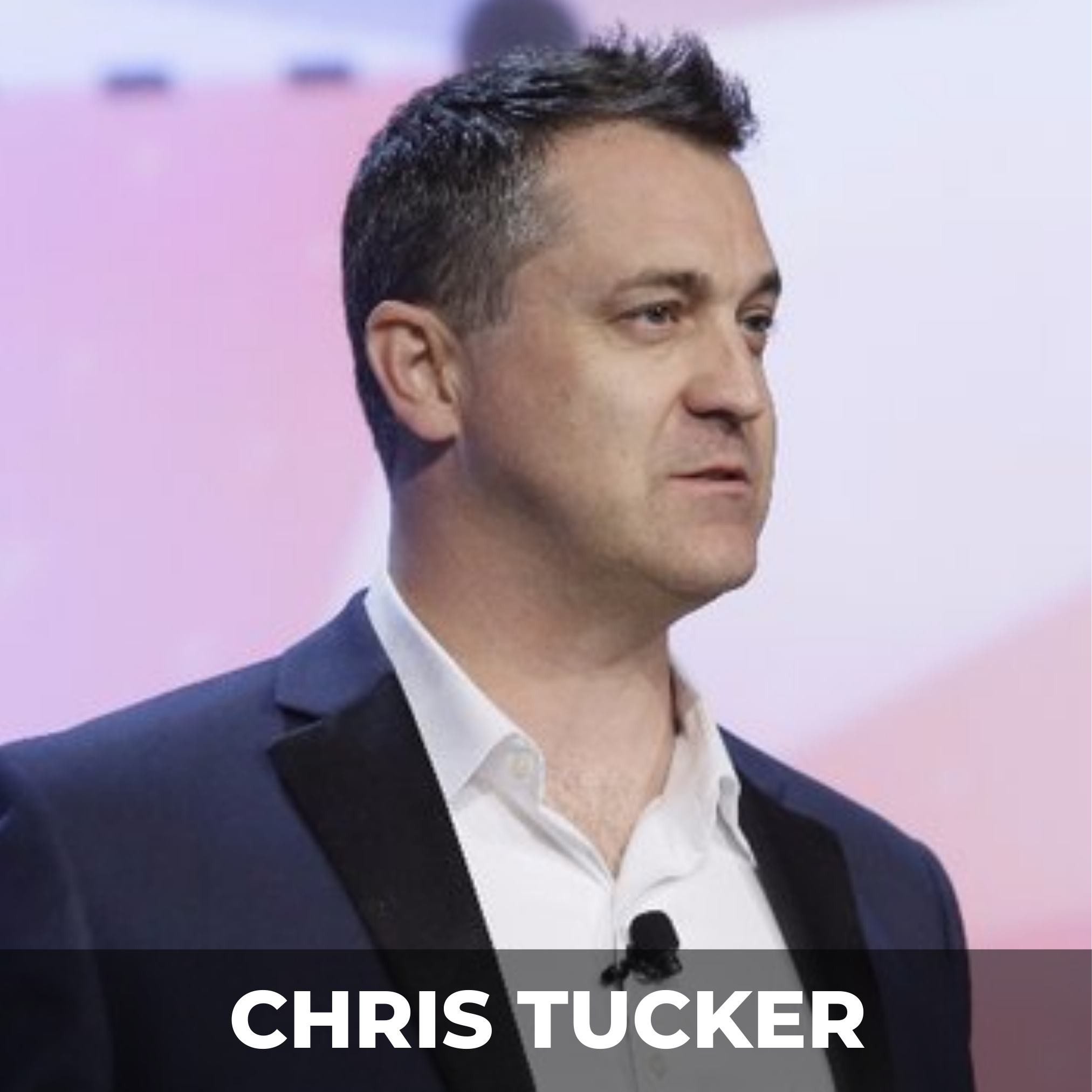
Sex, Religion, Politics and Overpopulation
In part two of our conversation with Chris Tucker, author of A Planet of 3 Billion, we continue exploring how to make the “uncomfortable” conversation more comfortable. He explains that we must absolutely figure out how to run a prosperous global economy under continuous population decline.

A Planet of 3 Billion
What is a sustainable human population? Chris Tucker, author of A Planet of 3 Billion, joins us.






